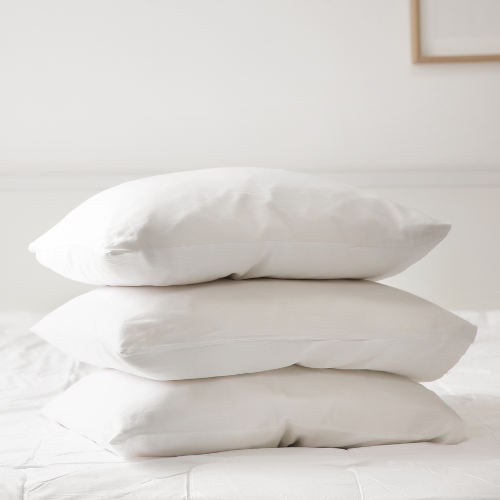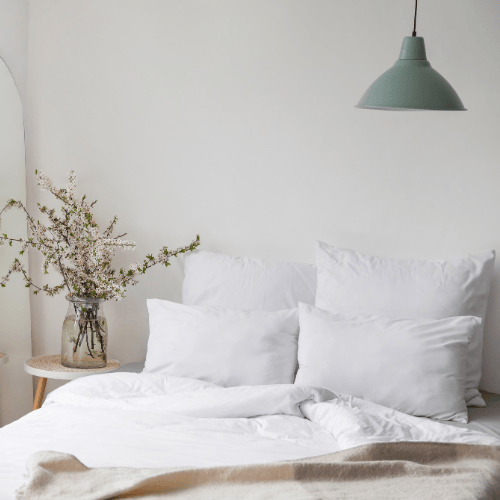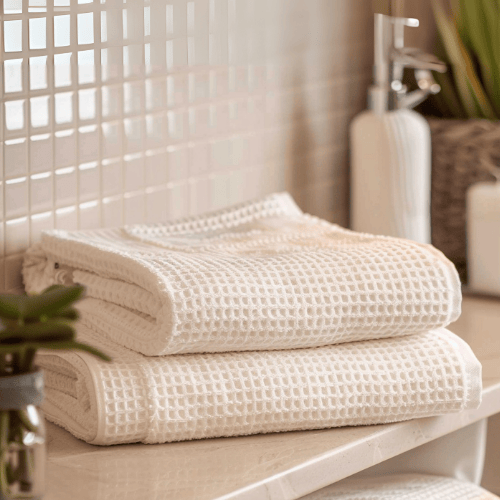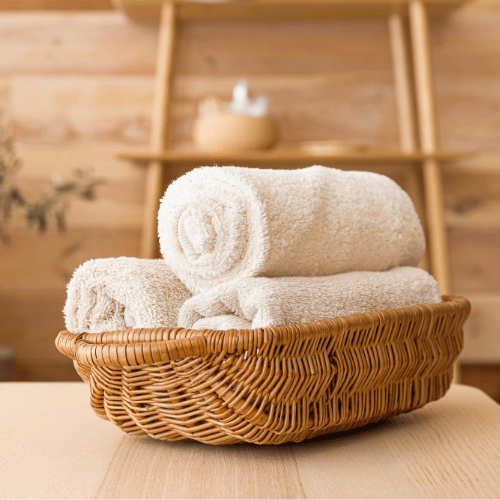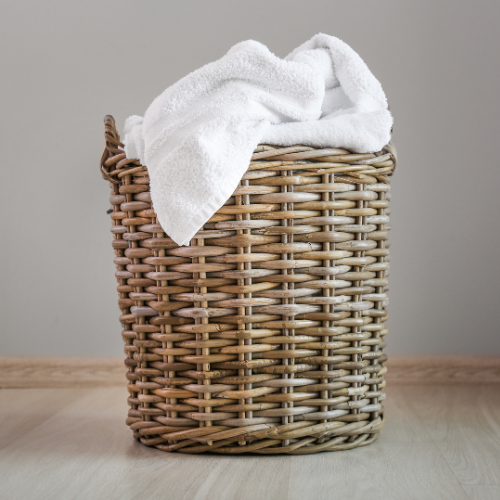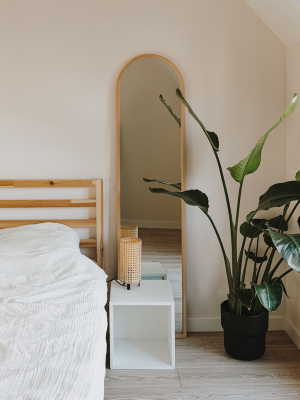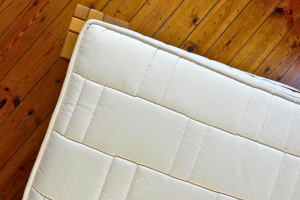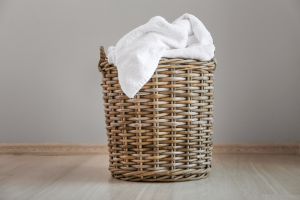Why you shouldn't make your bed every morning
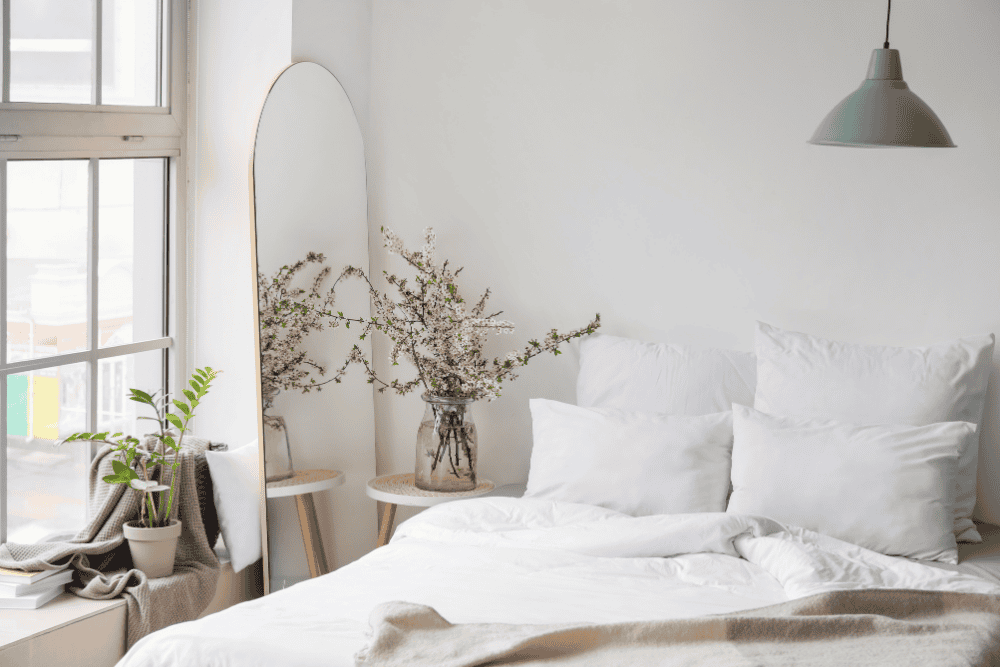
It's true: not making your bed every morning is better for you
Making our beds when we get up in the morning is one of the best habits to keep a neat and tidy home, and something many of us were taught to do from childhood. But, making your bed immediately can be detrimental to our sleep hygiene, and ultimately the quality of our sleep. This is because it increases the bacteria and dust mites lurking in our beds as we settle in for the night. Instead of making your bed straight after you get up, airing your bed by pulling back the covers allows moisture to evaporate, helping to prevent the growth of dust mites and bacteria, and helping to keep your bed feeling fresher for longer.
What happens if you don’t air out your bedding?
An average bed is home to over one million dust mites that feed on your dead skin cells, and they love living in warm and moist environments. Making your bed in the morning just after you’ve got up, keeps in the heat and moisture that you generate through the night, maintaining the warm and cosy conditions that the dust mites enjoy and helping them thrive. Dust mites excrete hundreds of allergy causing poops, and yep, it’s this dust mite poop that triggers allergies and asthma.
The simplest way to create a less hospitable environment for these irritating little critters is to pull back your duvet each morning, and expose your bedding to the air and sunlight. Drying out your bed linen by leaving it unmade for a couple of hours drys up the mites literally killing them off, and their supply of aggravating allergens, allowing you to sleep better at night.
Other benefits of not making your bed
Airing bedding also helps reduce mold, mildew and bacteria, that enjoy the same warm and moist conditions that dust mites do, and helps maintain that freshly laundered sheets feel for longer. Mold and mildew growth can lead to respiratory problems, as well as damaging your bedding. Bacteria in your bedding can make it start to smell musty, and the odour can still linger after laundering your linens.
How should I air my bed to create a healthier sleep environment?
Leaving messy scrunched up sheets on your bed isn’t good either, to get the full airing and freshening effect on your bed, pull back your bedding every morning, and fold it over the end of the bed, exposing as much of your sheets and duvet cover as possible. Open your blinds or curtains to get natural light on them too. In warmer weather open windows too, unless you're in a high pollution area or suffer from hay fever, which case keep your windows closed.
If keeping a neat and tidy bedroom is important to you, then it’s good to know that anything from 30 minutes to a couple of hours is usually long enough to leave your bed unmade, unless you’re a really hot sleeper, then leave it for longer.
Five easy ways to keep your bedding fresh
As well as airing your bed linen on a daily basis, here’s five more easy ways to improve your sleep hygiene and give yourself better quality sleep.
(1) Airing your duvet outside once a month is a great way to keep it fresh. Natural fibre duvets like our organic wool duvet and silk duvets don’t need to be washed, and you can simply hang it outside (preferably in the sun) to kill off bacteria, release moisture and remove odours.
(2) Avoid plastics in your bedding - sheets with polyester blends and synthetic mattresses can make you sweat more, creating an uncomfortable sleep environment for you, but one that dust mites and bacteria can thrive in.
(3) Choose organic cotton bed linen, as it’s super breathable allow heat and moisture through, and is created without toxic chemicals that can also cause irritation to sensitive skin. From smooth and soothing organic cotton sateen to hotel crisp organic cotton percale, our guide to organic bed linen helps you choose the best sheets for how you sleep.
(4) Natural duvets like wool and silk duvets are brilliant at naturally absorbing moisture from your skin to keep you cool as you snooze, and releasing it into the air to create a drier sleeping environment. And best of all, they don’t need washing, simply air them outside for them to naturally regenerate
(5) Wash your sheets, duvet covers and pilowcases every 1-2 weeks to keept them clean, without wearing it out by over washing. Always choose a natural laundry detergent like Sonett and avoid laundry detergents with chlorine bleaches, synthetic fragrances and sulphates. The build up of these toxic chemicals is damaging for bed linen, so it won't last as long, and the residues left on the bedding can be irritating to your skin.
Airing your bedding is a simple yet really effective way to create a healthier sleeping environment giving you much needed better quality sleep. It’s a better way to care for your bedding, helping it last longer, and reducing the amount of laundry you have to do.


